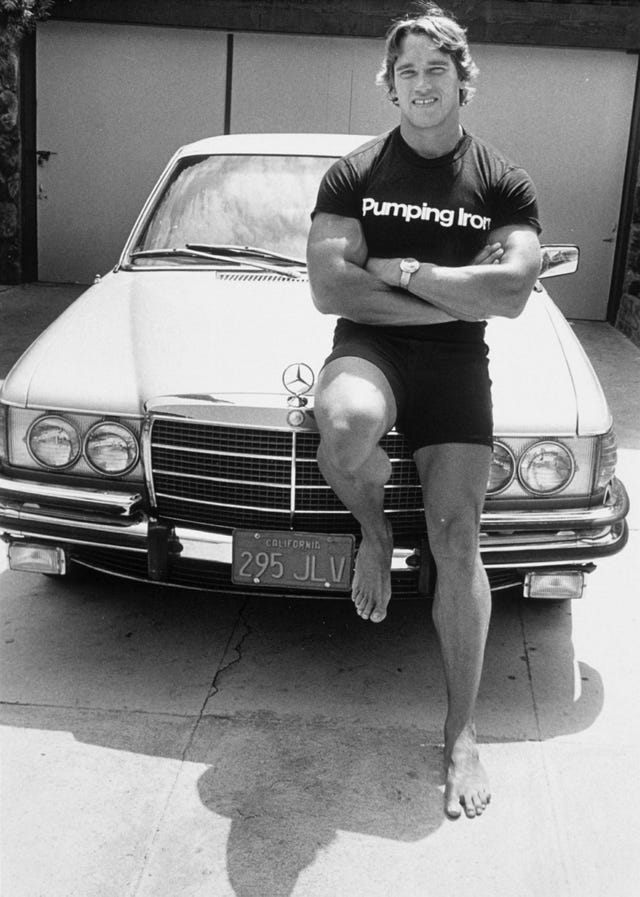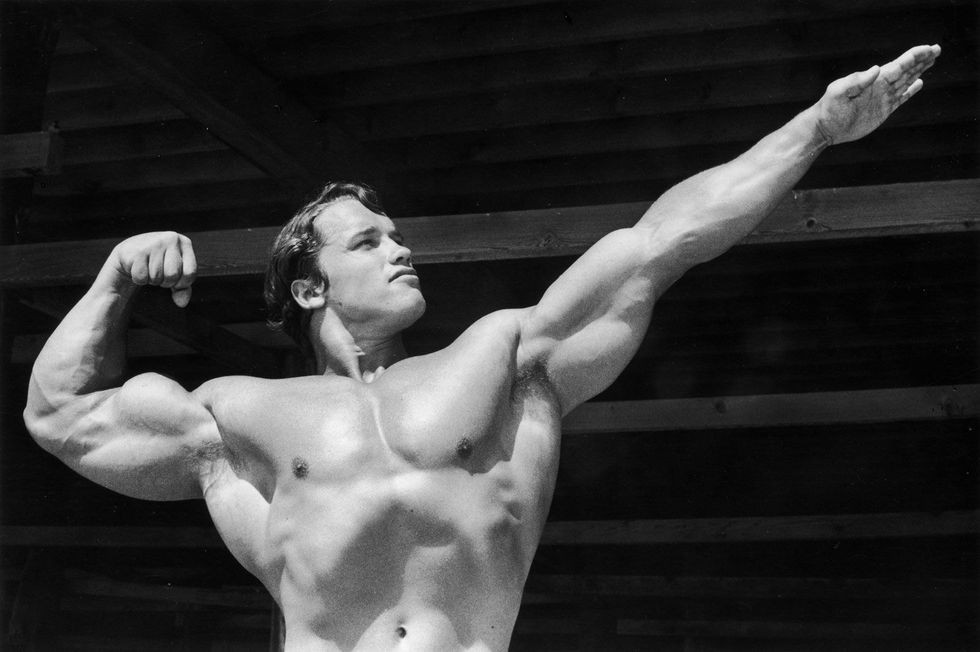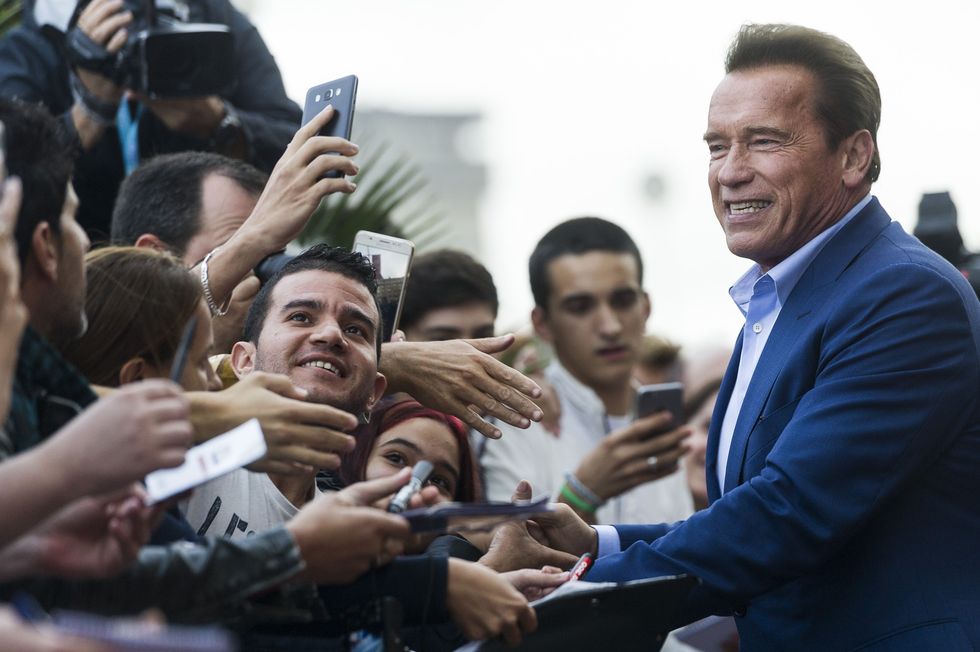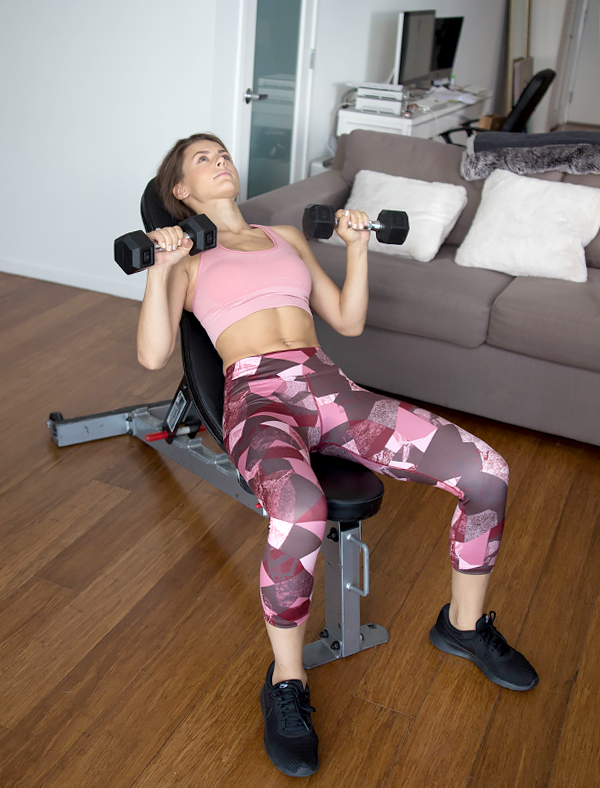It was hard to imagine a bodybuilder chatting with Johnny Carson until we saw him on The Tonight Show. We couldn’t have pictured someone with 21-inch biceps as the highest-paid actor in show business until we saw him in Conan the Barbarian. We couldn’t have imagined the guy who played a convincing killer robot in The Terminator becoming the governor of our most populous state.
Decades later, Arnold Schwarzenegger’s journey from Austrian bodybuilder to Hollywood legend is one of the greatest American success stories. Despite highs like being a seven-time Mr. Olympia and a two-time governor of California, he has also faced lows such as steroid use, Gropergate, and a public divorce.
After leaving public office in 2011, Schwarzenegger has been involved in promoting bodybuilding through events like the Arnold Sports Festival and returning to movies with the upcoming Terminator 6. He continues to be involved in politics, advocating for climate change through R20 and supporting better education and fitness opportunities for disadvantaged children.
Men’s Health‘s former fitness director Lou Schuler spoke with the 71-year-old Arnold Schwarzenegger in Budapest, where he was filming the new Terminator. Despite his aged appearance, his iconic voice remains unmistakable.
So we limited it to a couple months before competition, so that we wouldn’t be on it at all times and get hooked.
Why do you think people still take steroids?
People always want the easier way out to become better. It’s human nature, and you could probably write a book about all of the different ways we enhance ourselves and what that means and whether we need to cut back. People take drugs to focus more, to sleep better, to feel better mentally, to feel less pain, to build muscle, to lose fat—you name it. If there was an option to wave a magic wand and get rid of all illegal performance enhancing in sports, where someone can’t find the next big thing that can’t be spotted on a test, I am all for it. I’d do it tomorrow.
Sports develop, and the performances evolve, and it gets exaggerated. The good thing is that after enough complaining about it by certain people, including myself, the [International Federation of Bodybuilding and Fitness] recognized that not everyone wants to see pregnant-looking men onstage. In the old days, we posed every day for half an hour. To flex every muscle in your body is very strenuous and takes a lot of oxygen, but we trained ourselves to smile anyway. It says to the judges, “Look, I’m showing you the biggest muscles in the world, and I’m smiling while I do it.” It’s like Ali used to laugh while he was boxing. It showed his superiority.
Today, by the fourth pose they’ve run out of energy and they’re shaking. When you see the faces onstage, it’s horrifying. I would be very tough in the judging, like in gymnastics: “Here’s a certain amount of poses you have to do, and you’re going to be scored on the way you go from one pose to the next and if you can sustain a pose-off for 15 minutes.” It’s what the people like to see. They like to see action.
How do you think today’s bodybuilders would react to those changes?
It would take a while for them to learn. It’s like people that don’t understand there’s global warming and they’re creating pollution and it’s killing people.
The whole idea [in the mid-’70s] was to make bodybuilding popular and understood by the public. That it’s not only a competitive sport, where you try to get a 21-inch arm, but that it’s something anyone can enjoy and use this activity as a means to improve whatever sport they are doing. Or just for longevity, to feel more strong and feel more proud of yourself.
The bodybuilders from way back were hiding in dungeon gyms and coming out posing onstage and disappearing again. It was easy to attack: “All those muscle guys are oiled up and looking at themselves, and it must be a sport for gay people. They’re trying to compensate because they’re small somewhere else. And maybe because they’re mentally not there, they want to make up for it physically.”
Do you think being an immigrant gave you a stronger work ethic?
What mentality does it take to leave your home? And to leave your parents, your friends, and your country and start fresh? My upbringing was tough. My father made me do pushups before I was allowed to have breakfast. To earn breakfast, as he said, you have to do pushups and knee bends. And carry water from the well 200 yards away in the deep snow. I grew up with that. My desire, therefore, was really great. It was like, that or nothing. There was no plan B. I had the will, but I still needed all the inspiration and all the people to open up the doors of opportunity.
When you were 18, shortly after you entered the Austrian army, you went AWOL to go to Germany to win Junior Mr. Europe. But when you got back, you had to go to jail, right?
It wasn’t really jail. I was there for one night so they could say, “We punished him.” But they were proud. Then I went back to tank-driving school.
Were you a good tank driver?
I was a fantastic tank driver. Tank driving is all about if you have the guts. The commander says to drive straight, and you see in front of you a lake, and on the lake is ice, and you say to yourself, “This couldn’t be true.” But without any question I drove straight. And so, of course, the tank crashed into the ice. They do it to test you. What kind of balls do you have? Ice-cold water rushed over my head. Then he said, “Stop, okay, go back,” and I backed out. He jumped down and said, “That was good.”
If you could be the Terminator and go back in time, what would you tell your younger self about how to live?
[Long pause.] You know, the question is if you tell yourself anything. There’s a saying in German: Selbsterkenntnis ist der beste Weg zur Besserung, which means “Self-knowledge is the best way to improve.” I believe in that. When you fail, the trick is to get up again and evaluate in an honest way what went wrong. Yes, it’s easy to say, “Don’t do Hercules in New York.” But that was an interesting experience. Each one of the things I made a mistake in, I eventually learned from that, and it made me a better person. It made me more experienced. It made me wiser.
In 2003, long before #MeToo, you were questioned about your behavior toward women. Would you want to treat the women in your life differently than you did?
Looking back, I stepped over the line several times, and I was the first one to say sorry. I feel bad about it, and I apologize. When I became governor, I wanted to make sure that no one, including me, ever makes this mistake. That’s why we took sexual harassment courses, to have a clear understanding, from a legal point of view and also from a regular-behavior point of view, of what is accepted and what is not.
Have your views of masculinity changed?
I’ve not changed my view. I’m a guy. I would not change my view of who I am. The woman I was originally most in love with was my mother. I respected her, and she was a fantastic woman. I always had respect for women.
Fatherhood is really the greatest joy. Watching all five of my kids grow into their own successful lives is fantastic. Spending time with them, working out together, answering their questions makes me so happy. They were also all there for me after my surgery, so you start to realize, wow, they are really growing up and now it’s not just me pumping them up. We are all pumping each other up.
Kids are the next best thing after cloning—even though you realize every child has a different personality. If you really want to spread your philosophy, whether it’s about giving back, fighting for fitness, or, just like my dad told me, making the world a better place than you inherited, you’d better do a good job as a parent.
Do you ever regret referring to your political opponents as “girlie men”?
At the time it felt like the right thing to do. It was in my gut. I improvised it. I called them girlie men because they weren’t willing to take risks. They were afraid of everything. Politicians in general want to do little things so there’s no risk involved. But it was shortsighted. In the long term, it’s better to not say that, because you want to work with them.
Modern politics often feels like the plot of one of your movies, where one side is trying to eliminate the other side. Do you also get that feeling?
If you have a little sense of history, you know that the best things are accomplished when both parties work together and start compromising, like Ronald Reagan did with Tip O’Neill. They argued in public and attacked each other, but with a little wink. That’s why so much got done in the Reagan administration.
When you can reach out across the aisle and work together, you can get much more accomplished, rather than “girlie men” or “fuck you” or “it’s my way or the highway.”
You’re starting a new wellness brand with some elite athletes. What do you hope to accomplish?
I became the chairman of the President’s Council [on Physical Fitness and Sports, in 1990] to reach out to everyone. Everyone has the right to be fit. How can I democratize fitness? This project will help with that by giving expert health, fitness, and nutrition advice. We’ll also sell protein, energy, and greens that are NSF Certified for Sport. Supplements are what they’re called: They’re supplementing regular food. But there is no secret pill. Everything is hard work and eating well.
Access for everyone to health care. And to get off the arms race and to get off Verschmutzung [polluting]. It’s inexcusable to have so much plastic floating around in the oceans.
Do you think any of those things will happen?
It will not happen if people just sit around and complain when they hear something on the news. I’m a big advocate of “get off your fucking couch and do something about it.” If you believe there’s something being done wrong by legislators, go out and do everything you can to unseat that person. The same if you see a president acting strange: Do everything you can to unseat that president. My father said to me, “Be useful.” Useful not only to yourself, but useful to your neighborhood, your country, the world. It entails everything.










